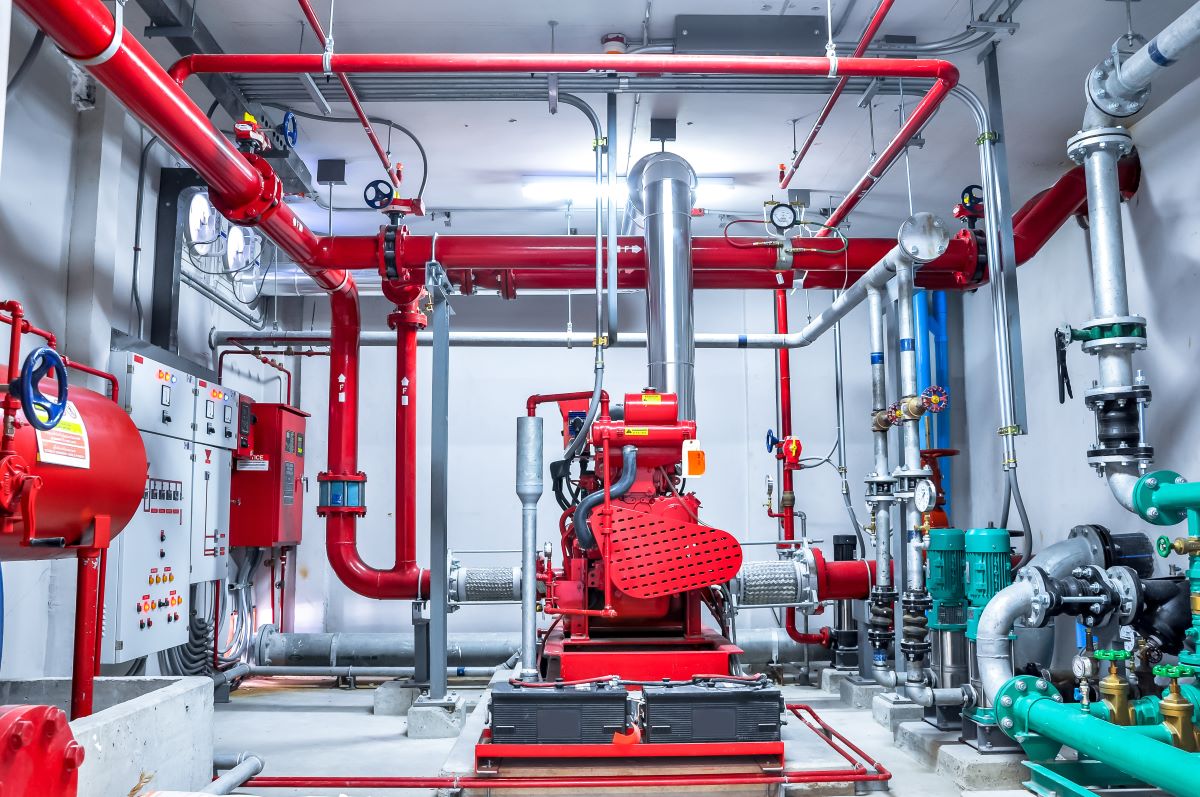
Fire protection systems are essential for ensuring the safety of occupants and protecting commercial buildings from fire damage. In order to ensure these systems are effective, there are several code requirements that must be met.
- National Fire Protection Association (NFPA) Codes: NFPA is a leading organization in fire protection and provides a number of codes and standards for fire protection systems. Some of the most relevant codes for commercial fire protection include NFPA 13 (Sprinkler Systems), NFPA 14 (Standpipes and Hose Systems), and NFPA 72 (Fire Alarm and Signaling Systems).
- International Building Code (IBC): The IBC sets minimum requirements for the design and construction of buildings. It includes requirements for fire protection systems, such as fire alarms, sprinkler systems, and fire suppression systems.
- Local Codes: In addition to national codes, local codes and regulations may also apply. Building owners and managers should work with a fire protection specialist to ensure their fire protection system meets all local codes and regulations.
- Fire Department Approval: Most fire departments require approval of fire protection systems before they are installed. Building owners and managers should work closely with their fire department to ensure their fire protection system meets all requirements.
- Inspection and Testing: Fire protection systems must be regularly inspected and tested to ensure they are in good working order. The frequency of inspection and testing will vary depending on the type of system, but it is typically required annually or semi-annually.
Making Sure You Are Meeting All Relevant Codes
Meeting code requirements is critical for ensuring the effectiveness of commercial fire protection systems. Building owners and managers can contact a Koorsen Fire & Security professional to ensure their fire protection system meets all relevant codes, regulations, and standards, as well as all local fire department requirements. Regular inspection and testing of the fire protection system are also essential to ensure it remains in good working order and is ready to respond in the event of a fire.


